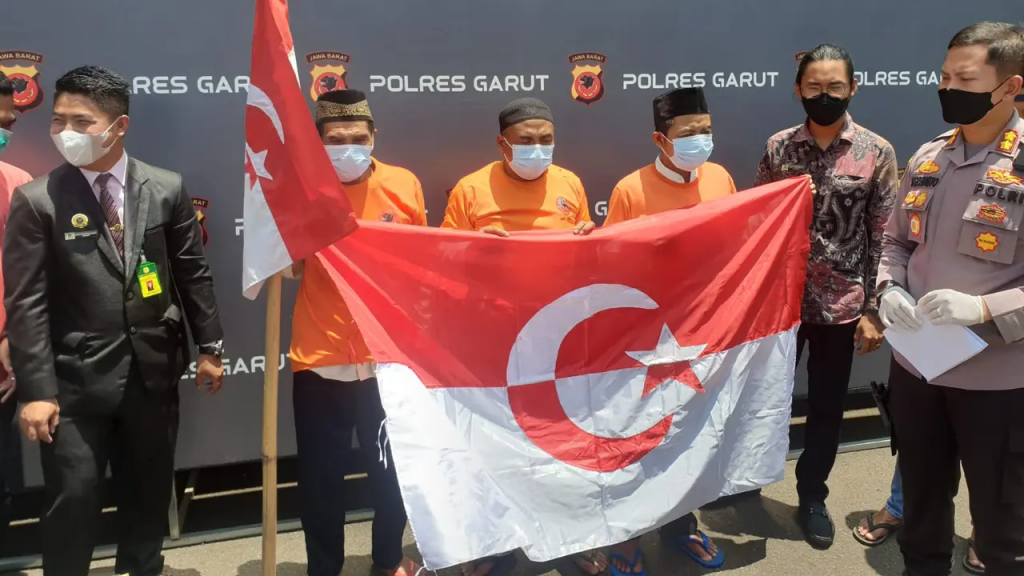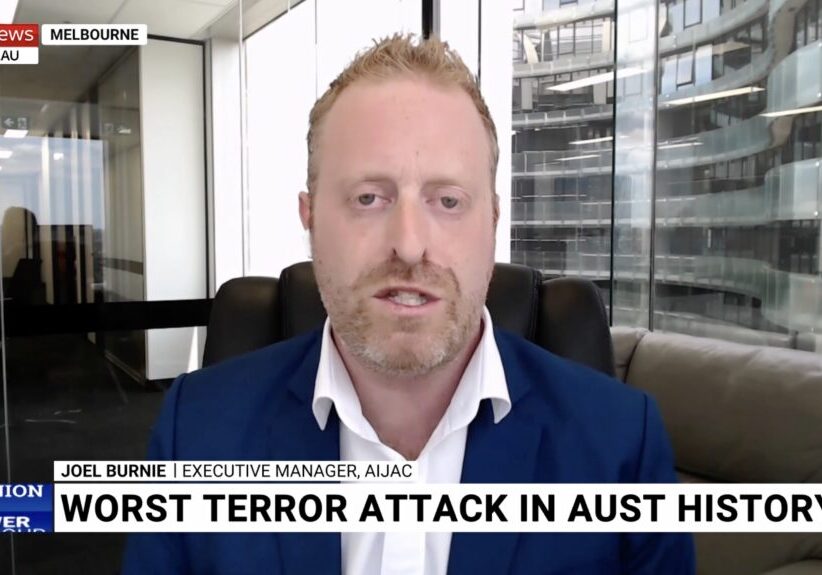Australia/Israel Review
Asia Watch: Endless mission
Jun 2, 2022 | Michael Shannon

Indonesia’s elite Densus 88 counter-terrorism taskforce continues to make gains in its seemingly endless mission, but the extreme religious and political ideology that drives militant groups remains, ensuring that violent activity is an ever-present possibility.
Over the weekend of May 14-15, Densus 88 arrested 22 suspects in Central Sulawesi province, an area with a long history of sectarian violence and extremism, and a further two in Java and Kalimantan. Subsequent interviews revealed that some of them had pledged allegiance to the overall Islamic State leader Abu Hassan al-Hashimi al-Qurayshi via the WhatsApp messaging service. Al-Qurayshi took over after the previous leader was killed during a counter-terrorism raid by US special forces in Syria in February.
All suspects were found to be members of Jamaah Ansharut Daulah (JAD), which Indonesian authorities have blamed for most terror attacks in the nation over the past six years, and one of two militant groups affiliated with Islamic State. The other is the East Indonesia Mujahideen (MIT) network, accused of carrying out beheadings and bombings but now reduced to a small rump hiding in the mountains and jungles of Central Sulawesi. Police believe those arrested had sought to deliver food and ammunition and join with the MIT fighters.
These developments came in the wake of the arrest in March of more than 20 suspected members of Negara Islam Indonesia (NII), also known in Arabic as Darul Islam. Interrogations yielded documents relating to an alleged conspiracy to foment chaos and overthrow the government before the next general elections, replacing secularism with a caliphate-based system, police claimed.
“The evidence we found shows that NII is trying to overthrow the sovereign government before the 2024 elections,” Senior Commissioner Aswin Siregar, head of operational support at Densus 88, told reporters. The suspects admitted that they had been ordered to acquire weapons to prepare for an attack, he added.
While NII has not been associated with terrorism, its origins date back to pre-independence Indonesia. Established by Sekarmadji Maridjan Kartosuwiryo in 1942 with the goal of establishing an independent Islamic state of Indonesia, the group initially played a supporting role alongside Indonesia’s nationalist forces in ending colonial rule, but soon diverged when the state was established under the secular pluralist ideology of Pancasila.
NII waged an armed rebellion against Jakarta until the Indonesian government suppressed it in the 1960s. Kartosuwiryo was executed in 1962 after his group declared a war against the government and tried to assassinate President Sukarno in 1961.
Currently considered by analysts to lack the logistics and coordination between cells to mount significant attacks, NII has been notable in recent decades for its most radicalised members splintering off into hardcore terrorist groups, including Jemaah Islamiyah (JI) and the aforementioned JAD.
It has survived largely because of its ability to keep its followers’ dream of an Indonesian caliphate alive through social programs, including health clinics, orphanages and welfare programs that – for many of its members – give credence to its ideology. In 2019, Kartosuwiryo’s son, Sarjono, said about 2 million NII sympathisers are spread across the country.
The resilience of the caliphate dream is something that neighbouring Singapore is clearly wary of. Border officials in the city-state denied entry to Indonesian Muslim cleric Abdul Somad on May 17, citing what it said were his “extremist and segregationist teachings.”
In a statement, Singapore’s Ministry of Home Affairs (MHA) cited some examples of his teachings, including how he had preached that suicide bombings are legitimate in the context of the Israel-Palestine conflict and are considered “martyrdom” operations.
“He has also made comments denigrating adherents of other faiths, such as Christians, by describing the Christian crucifix as the dwelling place of an ‘infidel jinn (spirit or demon)’… In addition, Somad has publicly referred to non-Muslims as ‘kafirs’ (infidels).”
In his social media postings, Somad was indignant. Asked about his thoughts on being held in a detention room, he said, “Singapore is such a small country. If everyone in Indonesia were to piss in the direction of this place, this country would sink.” He further implored Indonesians to ask Singapore why he was “deported”.
“A visitor’s entry into Singapore is neither automatic nor a right. Each case is assessed on its own merits,” Singapore’s MHA added. “While Somad had attempted to enter Singapore ostensibly for a social visit, the Singapore Government takes a serious view of any persons who advocate violence or espouse extremist and segregationist teachings, or both.”
Tags: Indonesia, Islamic Extremism, Singapore






